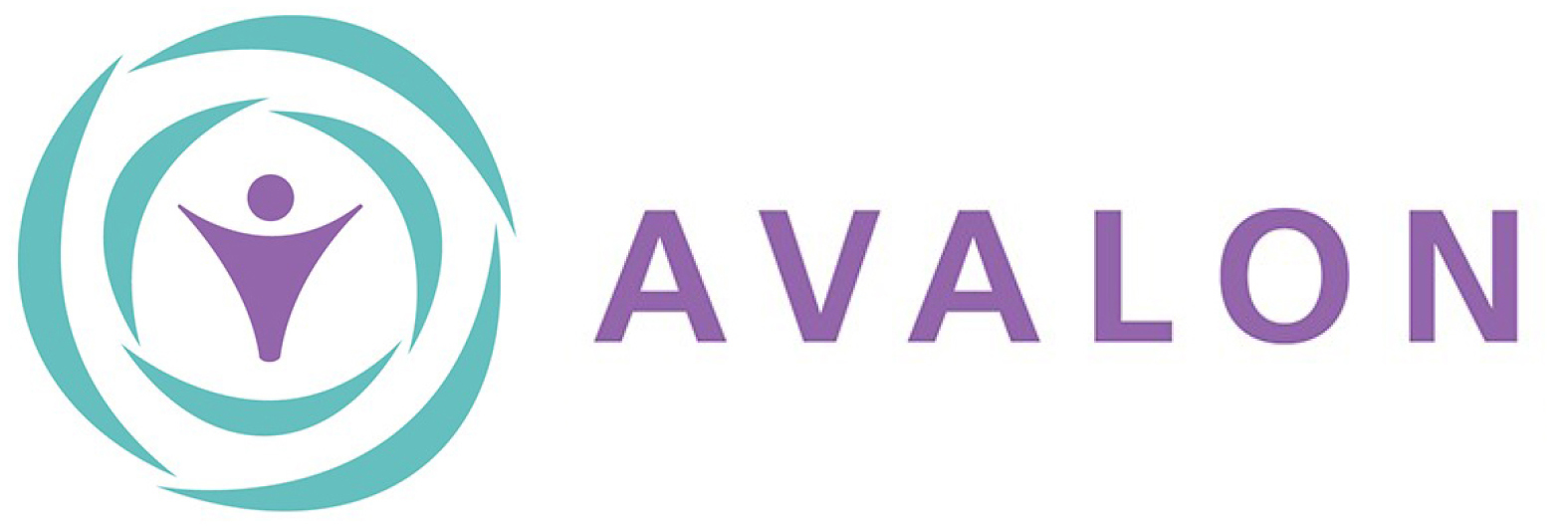How to support a survivor
What to do when someone you know has experienced sexualized violence
Has someone told you they’ve experienced sexualized violence? Your response will have a big impact on their wellbeing and healing.
Remember that sexualized violence is never the fault of the person who has experienced it. No-one asks for, invites or deserves sexualized violence.
You don’t have to be a counsellor or a therapist to support a survivor. This guide explains how to help.
It can be very scary for a person to tell you they’ve experienced sexualized violence. It’s important to show them they’re safe with you.
- Be calm and caring.
- Accept what they say.
- Never judge or blame them.
- Let them take their time.
- Don’t pressure them into saying or doing anything.
- Tell them you’ll support them.
Do Say
- I believe you.
- It took a lot of courage to tell me about this.
- It’s not your fault. You didn’t deserve this.
- I’m so sorry this happened to you.
- You’re not alone, I’m here for you.
- How can I support you?
Don’t say
- That can’t be true. Are you sure?
- It could have been worse.
- Did you say no? What were you wearing?
- You should have told me earlier.
- You need to report it to the police.
- I’m so angry! I’m going to talk to them!
Respect the survivor’s wishes
It may be tempting to jump in and make decisions for a survivor. But this isn’t a great idea. Remember that sexualized violence takes power away from the individual – it’s one of the most traumatizing things about it.
We need to let survivors know they’re in control. This means giving them options and respecting their decisions.
Provide options
Ask the survivor what they need right now. If they’re not sure, ask specific questions and make suggestions. Tell them they can say “no”. Don’t rush or pressure them.
- Are you comfortable? See if they need a blanket for warmth or a pillow to hug.
- Do you need to tell someone? Offer to help them contact a person they trust.
- Are you worried about your safety? You may want to help them contact a crisis service.
- Do you need medical care? If the sexualized violence happened within the past seven days, suggest Avalon’s free medical assessments.
- Do you want to collect evidence? If the sexualized violence happened within the past seven days, suggest Avalon’s free forensic assessments.
- Do you want to report to the police? Offer to help them contact the police if that’s what they want.
- Do you need more information about your legal options? Offer to help them contact Avalon’s free legal advocacy program.
- Do you want to see a therapist? Offer to help them contact Avalon’s free trauma therapy program.
- Are there any other services you need? Offer to help them contact Avalon’s free community navigation program.
Remember to respect the survivor’s choices – even if you would make a different decision for yourself. The most important thing you can do is show the survivor they are in control.
Sexualized violence is traumatizing. This means survivors may have emotional, mental and physical responses that can last for weeks, months or even years. There’s no timetable for healing – it’s different for everyone.
Common trauma responses include:
- Shock or denial.
- Confusion and forgetting things.
- Upsetting thoughts and feelings that won’t go away.
- Shame and guilt.
- Depression and hopelessness.
- Tiredness, headaches, nausea or vomiting.
Survivors aren’t overreacting. Trauma responses aren’t a choice.
It’s not always easy to tell when someone is having a trauma response. They may not show it or talk about it. They may blame it on something else.
You might see the survivor’s behaviour change. For example, they may:
- Avoid reminders of the sexualized violence.
- Neglect daily routines and duties.
- Overwork or stay busy.
- Eat more or less than usual.
- Sleep more or less than usual.
- Drink alcohol or take drugs.
- Take big risks.
- Self-harm.
- Withdraw from people.
- Act aggressively.
Be understanding and patient. Give them ongoing support and suggest options such as trauma therapy. Respect their decisions and never rush or force them into anything.
You may have a lot of difficult and confusing feelings when someone tells you they’ve experienced sexualized violence. It’s especially devastating if they’re someone close to you or if you’re a survivor too.
There’s a risk of:
- Secondary trauma – this is when you’re traumatized by hearing about someone else’s experience of sexualized violence.
- Retraumatization – if you’re a survivor supporting another survivor, it may cause you to re-experience your past trauma.
It’s important to look after your own wellbeing while supporting a survivor. Make time for rest and relaxation. Talk about what you’re going through with people you trust or a professional such as a trauma therapist.
Learn more from RAINN’s guide: Self-care for friends and family.
Sexual exploitation is when someone profits from forcing or tricking a person into sexual behaviour. The offender often has power over the victim due to differences in age, gender, physical strength or status.
Types of sexual exploitation include:
- Child pornography – this is when the offender takes sexual photos or videos of a child, often sharing them online.
- Sexual human trafficking – this is when the victim is forced or tricked into doing sex work. They’re controlled by someone who gets money or other valuables out of their work.
- Revenge porn – this is usually when someone shares a photo of a previous sexual partner online. The photo may or may not have been taken with consent, but it’s not shared with consent.
